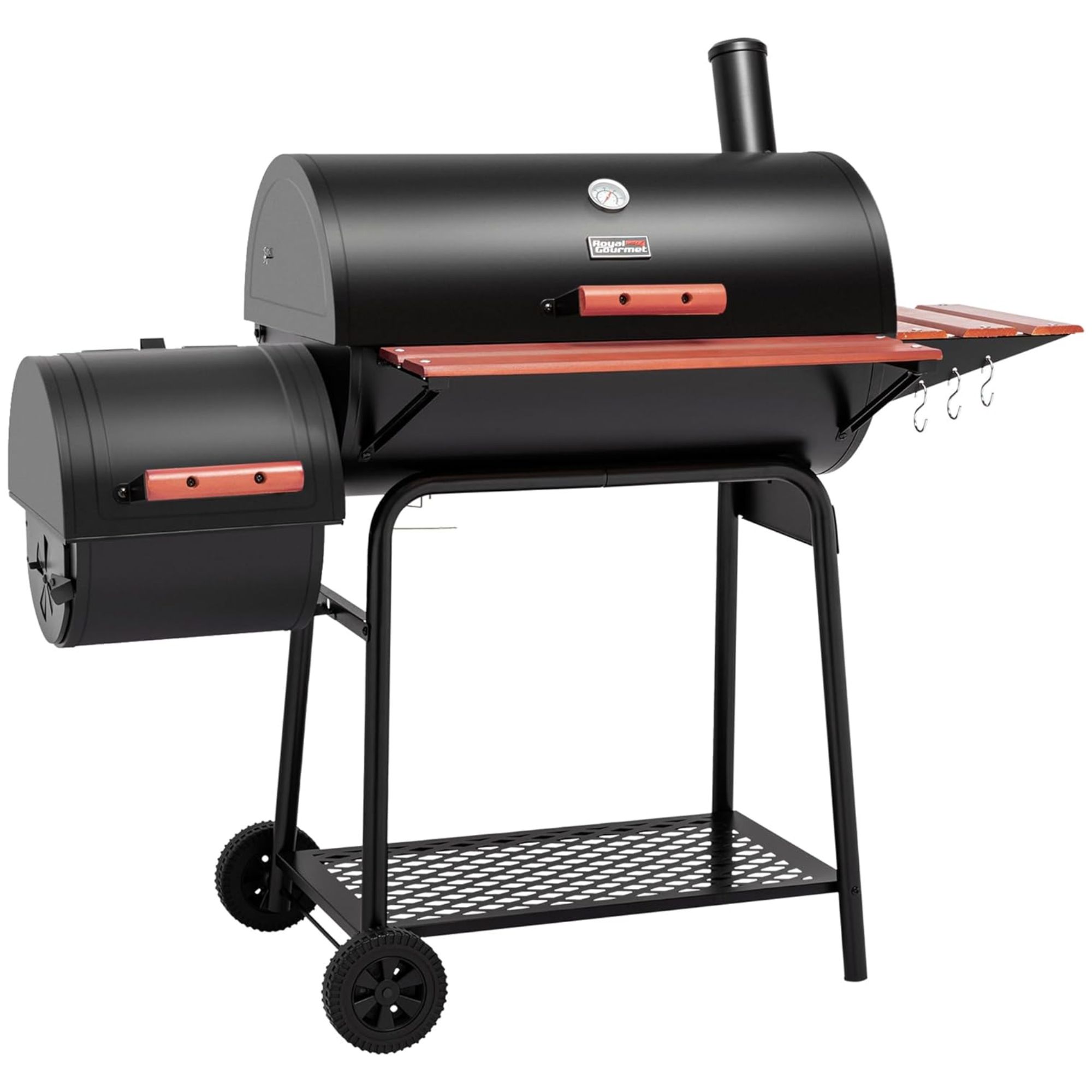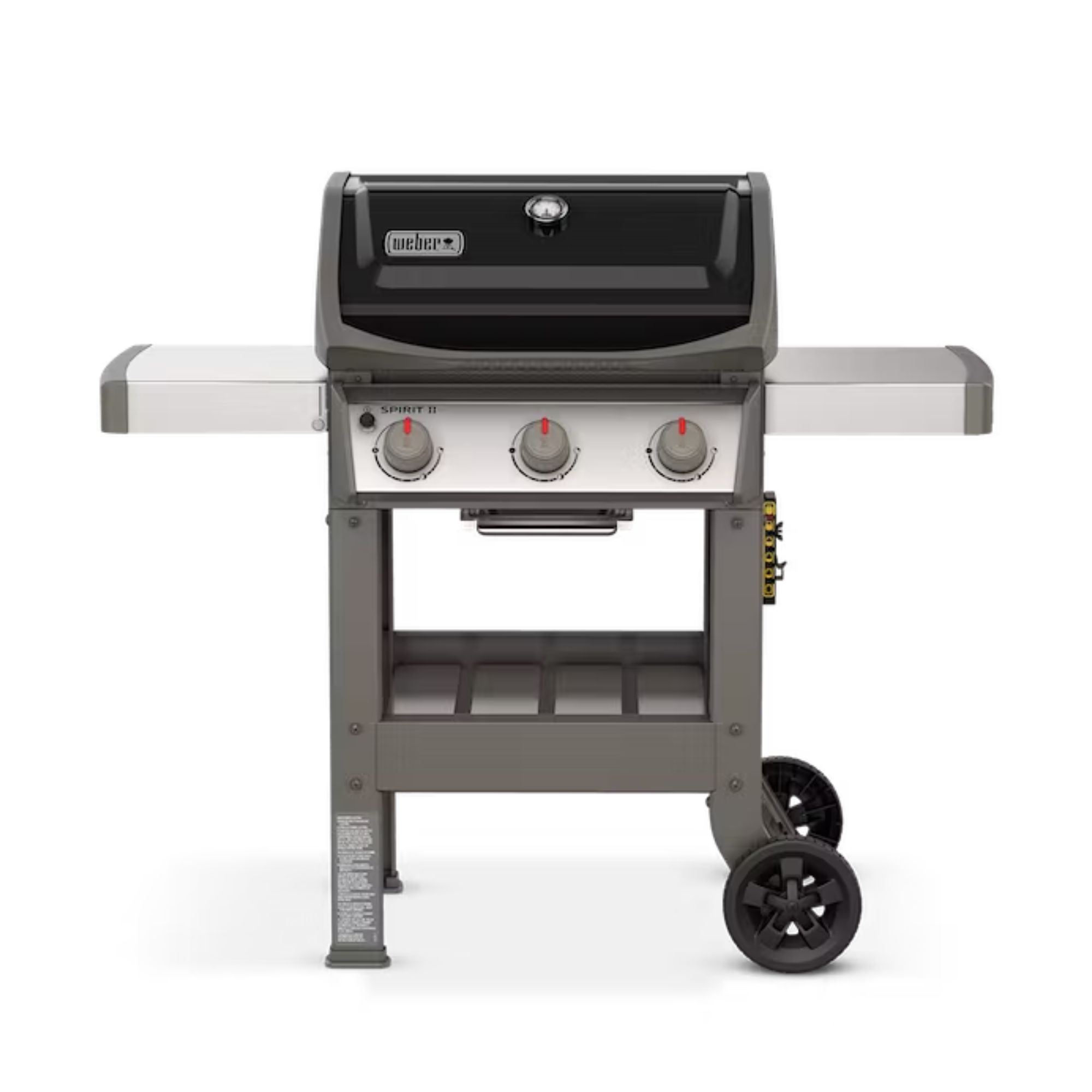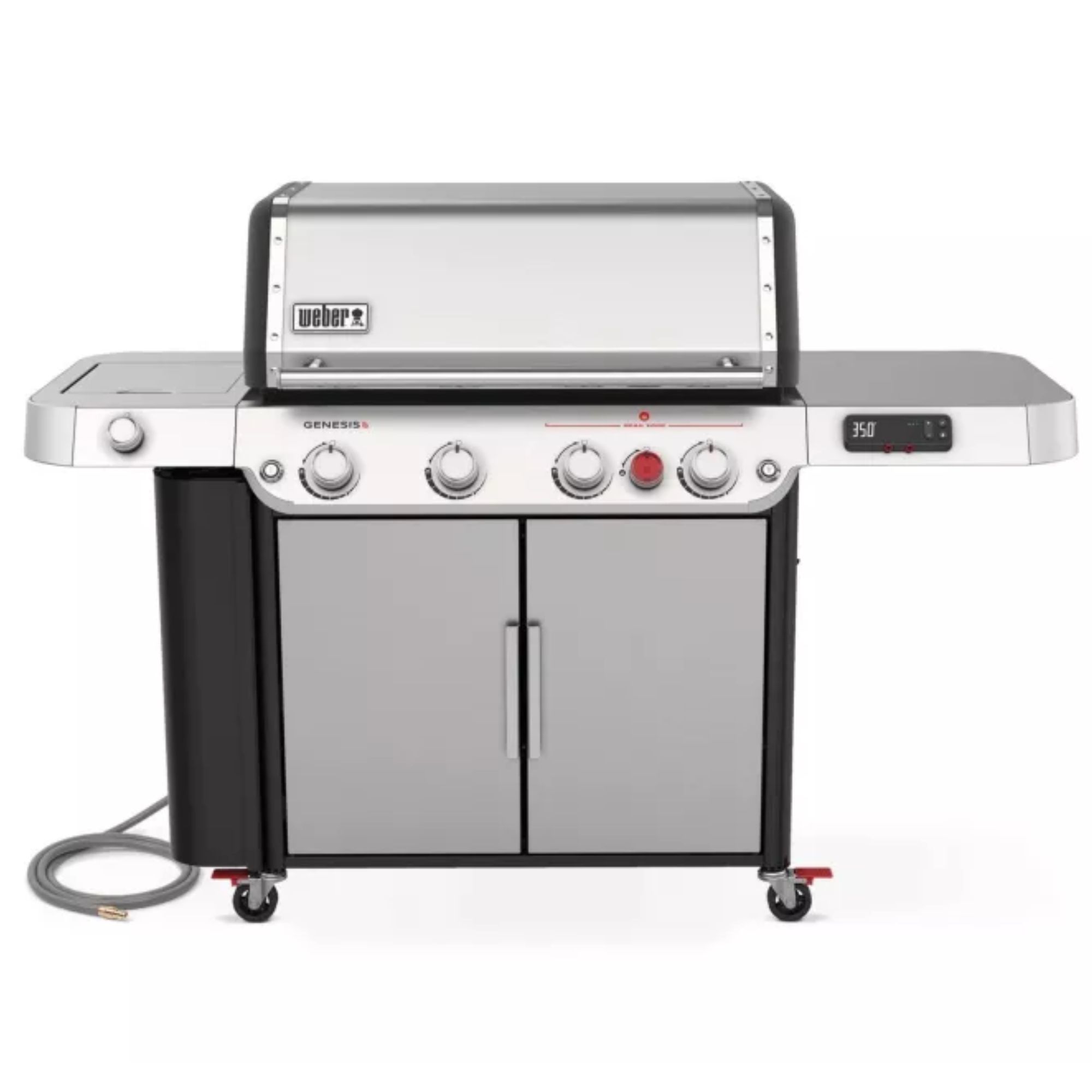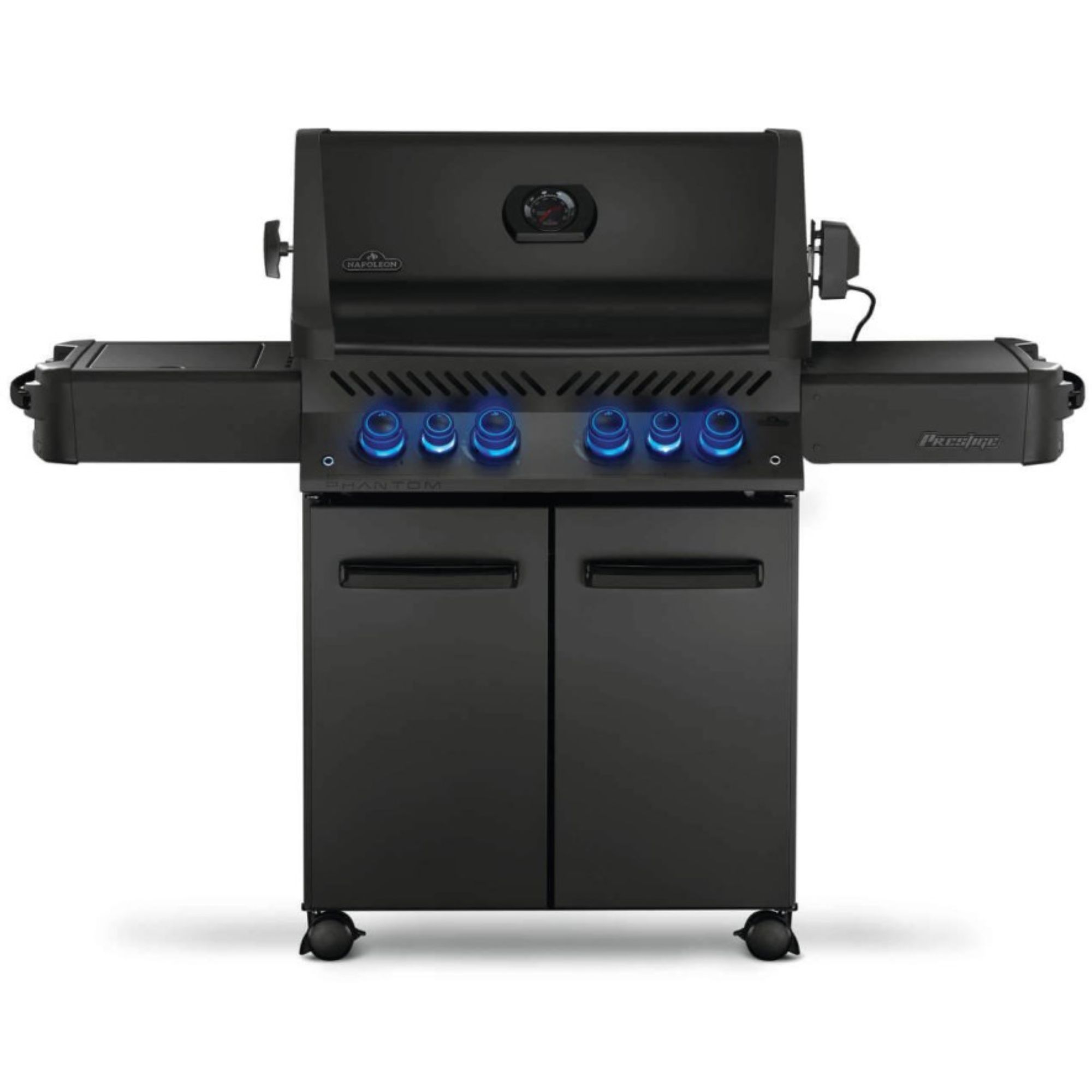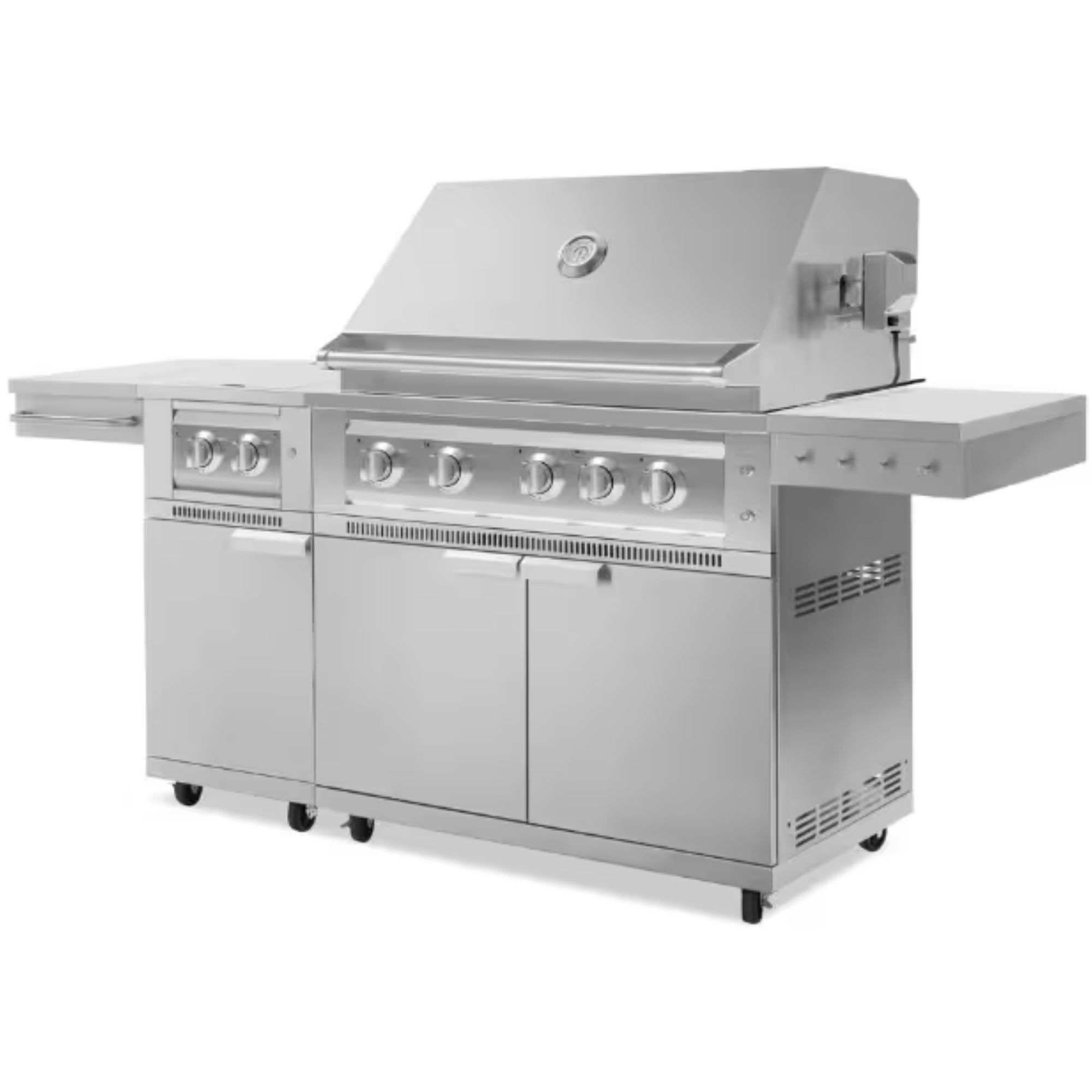How much should you spend on a grill? Advice from the experts
This is exactly how much to spend on a grill

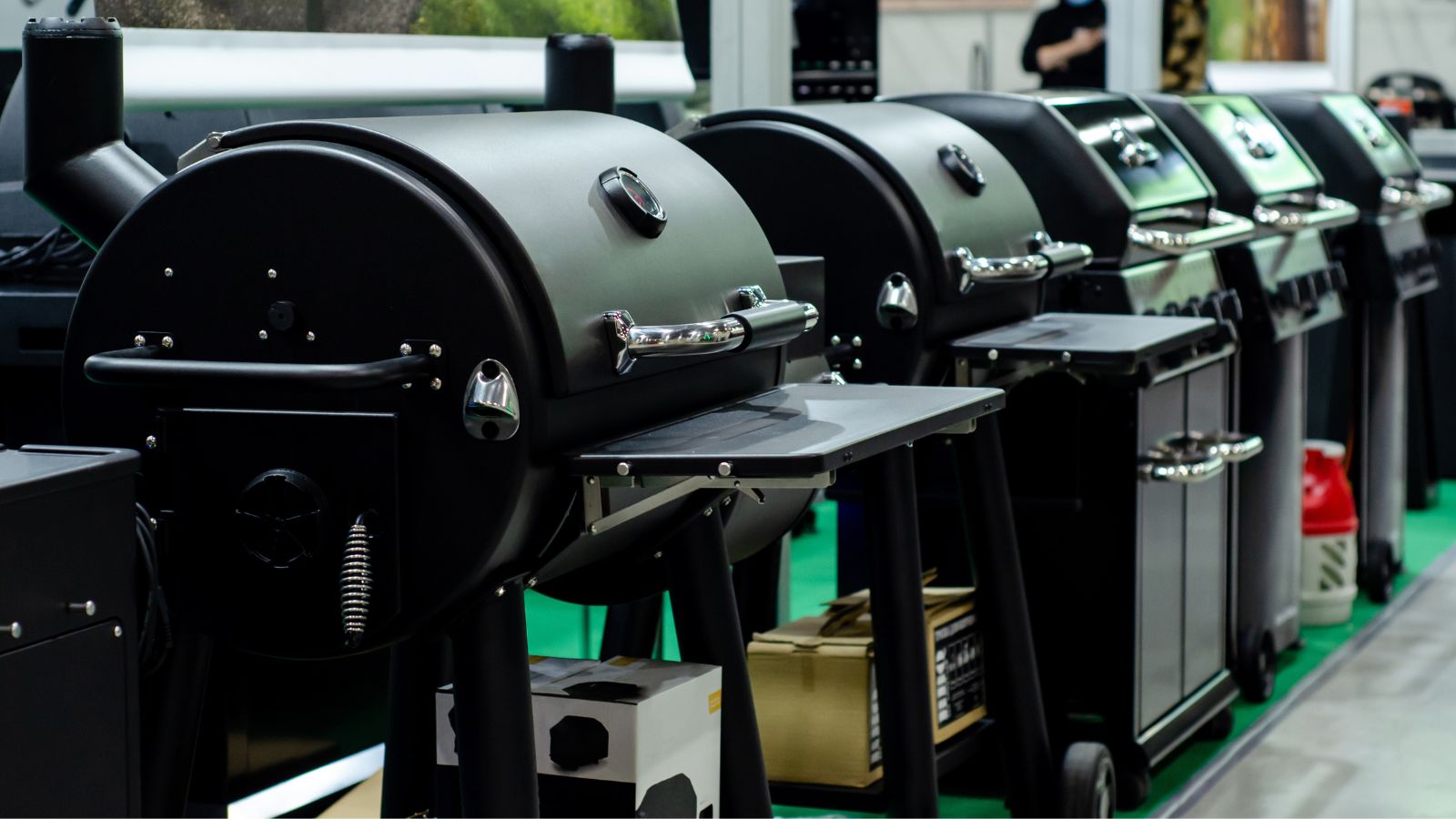
With summer on the horizon and spring sales right around the corner, it's a wise time to consider how much you want to spend on a new grill for the outdoor hosting season.
But grills can be very expensive. The market is also saturated with hyper-masculine jargon, and it can feel like you're being cheap if you don't level up your grill with a huge range of attachments and bonus features.
I've spent years testing the best grills, so I know exactly how much you should spend on each type. Better than that, I spoke to chefs and grill manufacturers for their expert advice on how much to spend on a grill.
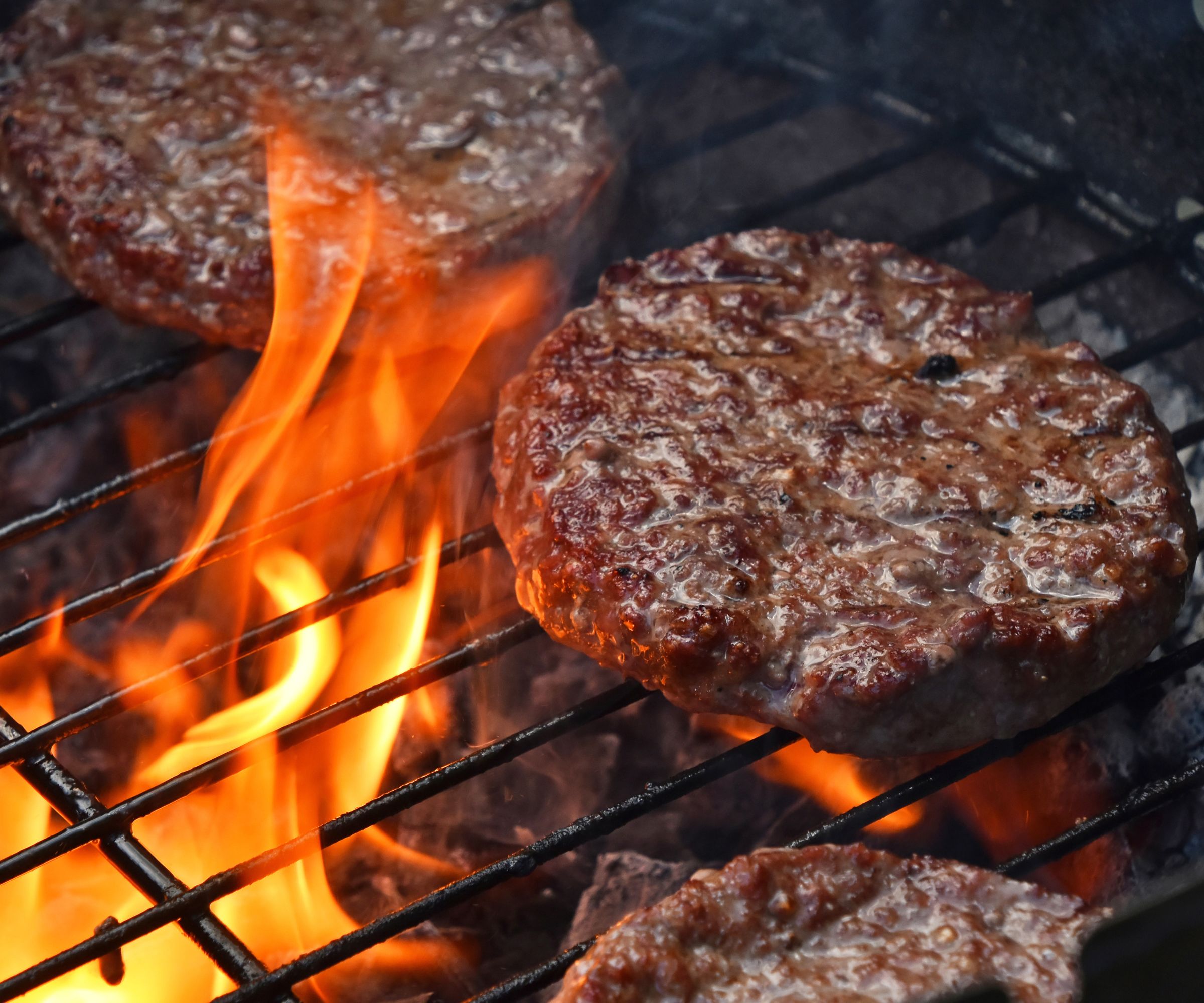
How much should I spend if I'm on a budget?
If money is tight, I suggest getting a charcoal - not gas - grill. Gas grills cost hundreds more to begin with, and if you know what you're doing, charcoal tastes far better anyway. I'd grab a Weber Original Kettle from Amazon because it's cheap, cooks fast, and is easy to use. The only real drawbacks are that the lid isn't hinged, and it can be difficult to slot it onto its holder, and that taller people might find it a little low-slung.
However, there's something more important than the initial price. The McLemore boys, the founding family of Masterbuilt grills, told me that 'the old saying that you get what you pay for can be true, but maintenance is the most important thing here.' Without good maintenance, your initial purchase will quickly rust. Remember to clean it out after use, and store it out of the rain or under a grill cover like this from Amazon. If you do all these, an inexpensive grill should last you for years.
How much should I spend on a charcoal grill?
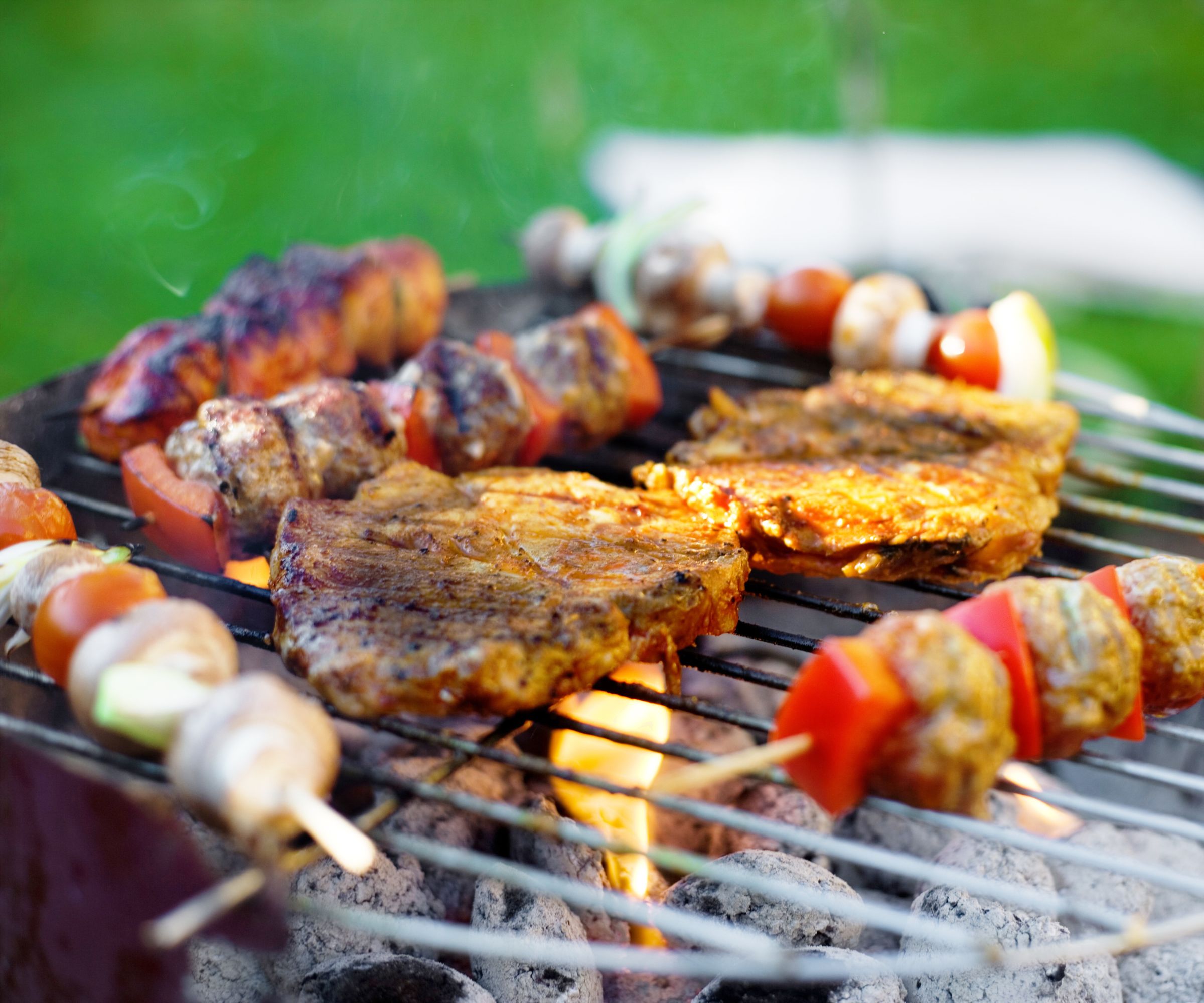
Charcoal grills are tricky because you can get great results with a cheap grill. I've made some of my best meals on a cheap drum grill like this at Amazon. One of the best burgers I've ever had was from an impractical but delicious$30 notebook grill like this at Home Depot, as I perched on a wood pallet in my friend's backyard.
Charcoal grills are simple and effective and unlike gas grills, you don't need to drop thousands of dollars to get the very best. If your budget is tight, you can get away with a grill worth $100. I suggest $150-$250 for a good charcoal grill that won't break the bank.
Design expertise in your inbox – from inspiring decorating ideas and beautiful celebrity homes to practical gardening advice and shopping round-ups.
However, don't be tempted to go too cheap. When I've tested cheap grills, I've found some of them a nightmare to assemble. They're often badly milled, so the screws and parts don't line up. I've had to drill new holes, replace bolts, and frankly, jerry-rig more than a few charcoal grills in my time. When you're working with hot coals, you don't want to feel like you're working with something flimsy. What's more, they don't last.
Chef David Figeuroa told me that 'Quality comes at a price, as cheap grills often deteriorate quickly, costing more in the long run.' I completely agree - I've used cheap grills that rusted in a year, and a Weber that's lasted much longer.
If you pay a little more, you get a sturdy, trustworthy grill that's a lot less stressful to work with. You also get finishing touches that make life easier. A drum grill will do the job, but cleaning up afterward is pretty frustrating, as you have to scoop ash out the bottom. A basic Weber, on the other hand, has a handy ash catcher that makes cleaning incredibly easy. On higher-end charcoal grills, you'll find stainless steel grills that are easier to clean, more accurate thermometers, and faster set-up.
The McLemores told me that people should 'spend a little more on charcoal than you think because they can take a beating due to the high temperatures they experience. Don’t go cheap on these and plan to spend at least $300 to $400 to ensure you get a decent quality that will last you a couple of seasons.'
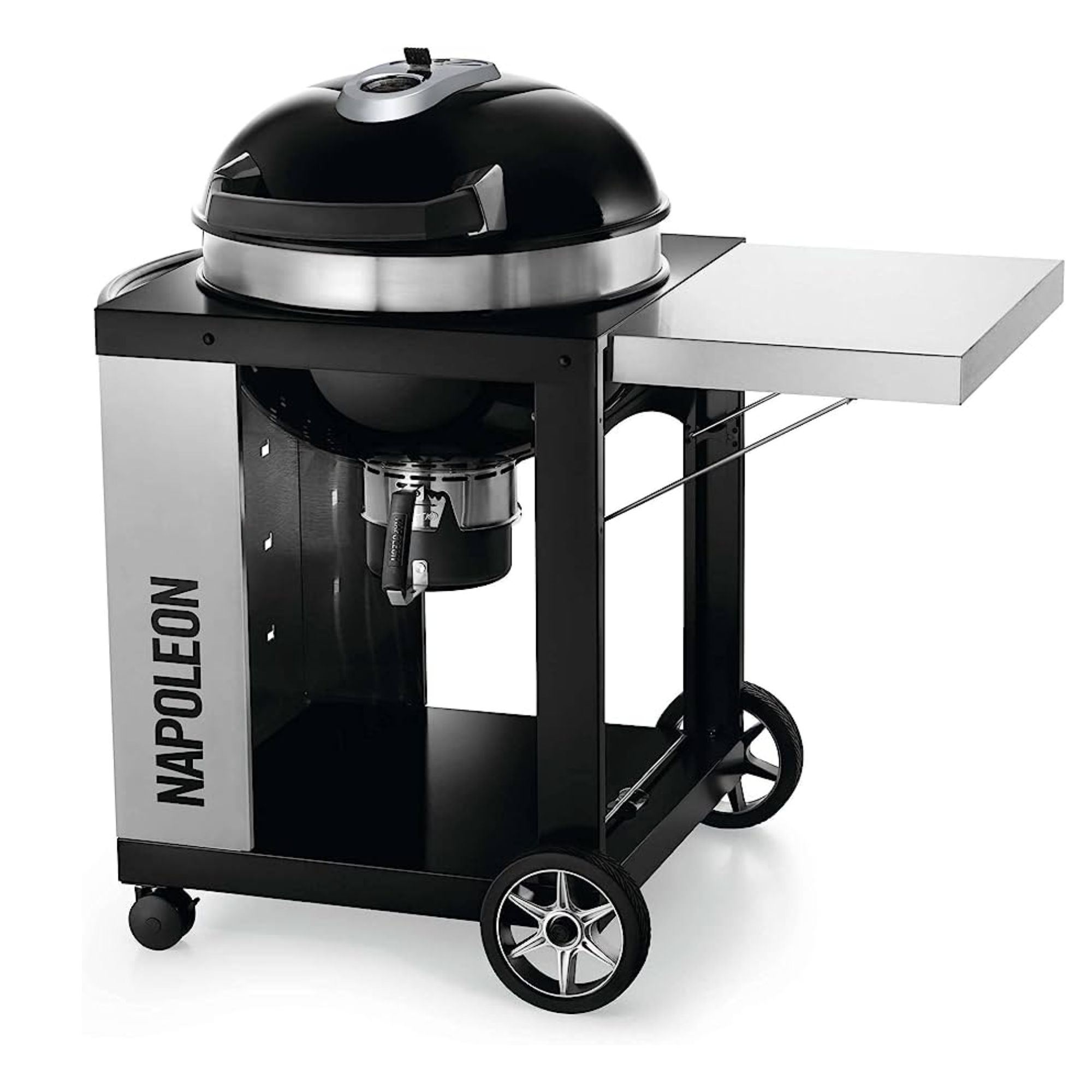
This robust, effective model from Napoleon is our favorite charcoal grill. It made some of the best burgers and chicken on test and perfect steaks.
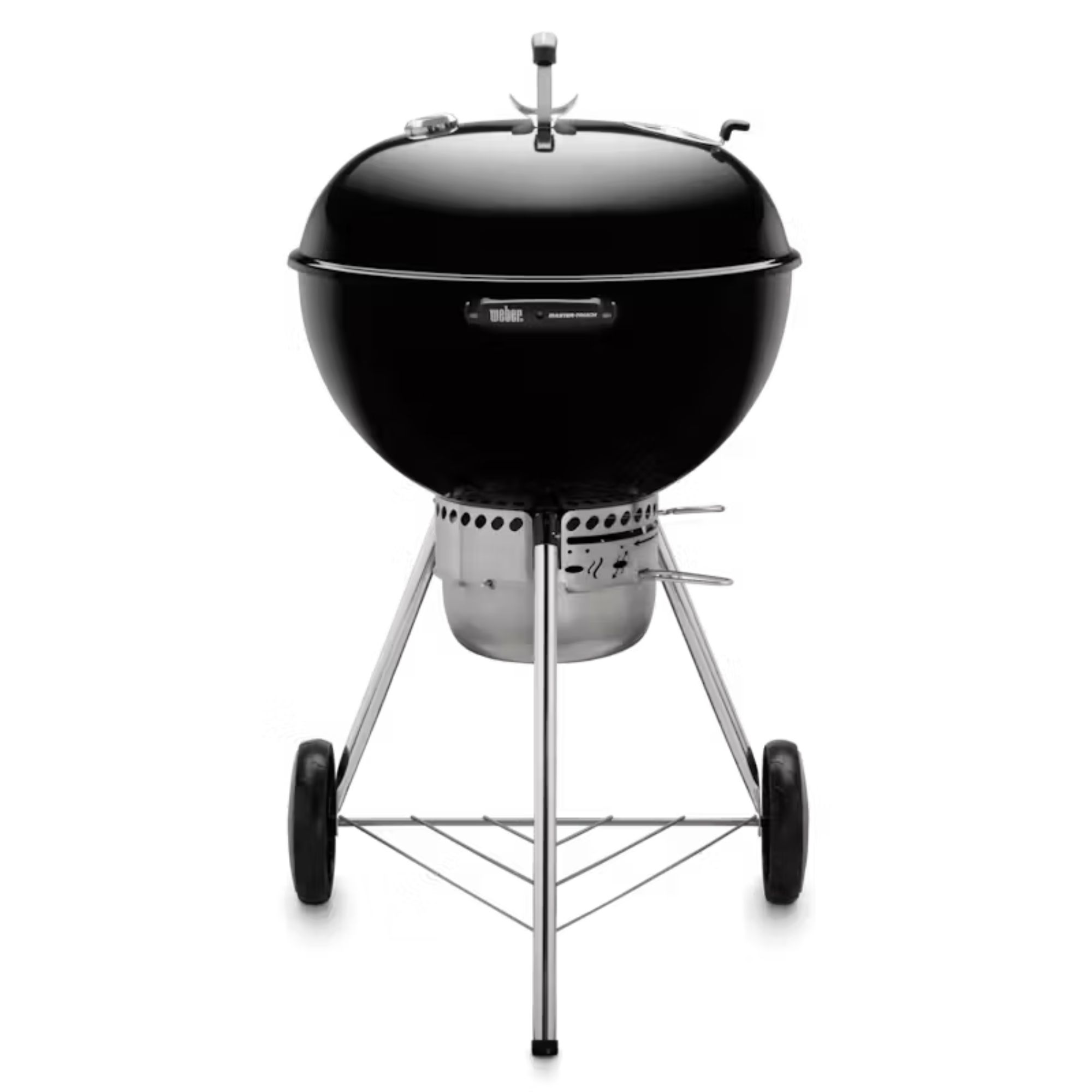
This charcoal grill is fairly basic but makes flawless food. It's also one of the fastest charcoal grills I've ever used.
How much should I spend on a 3-burner gas grill?
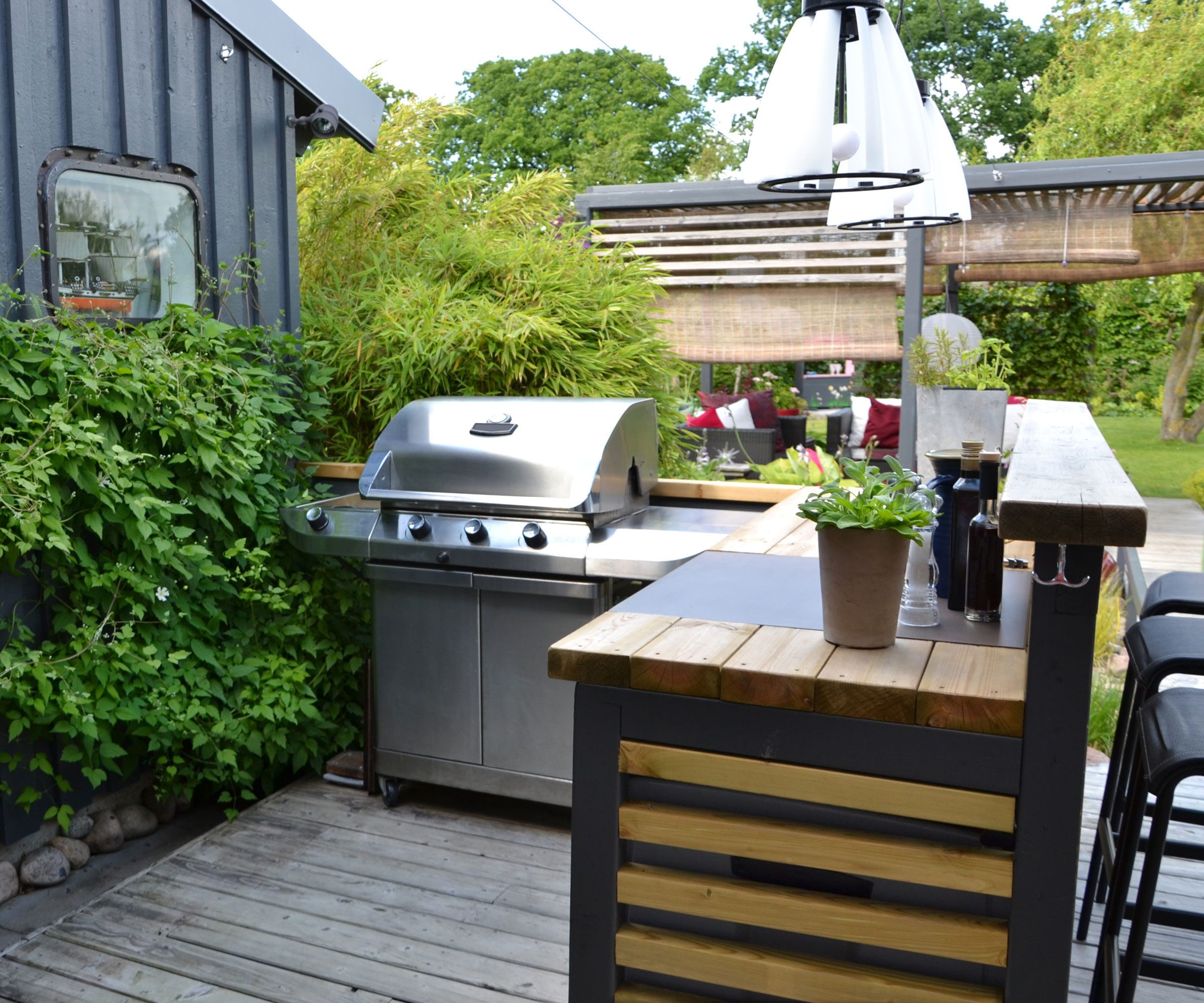
In my experience, a good three-burner should cost between $500-$700. Cheaper gas grills can be very frustrating to assemble, and the machining work on the parts is very poor, which makes them difficult to assemble. Cheaper grills also simply look bad. They're made from thin steel - in some cases, aluminum - that looks flimsy on a deck. On the other hand, you're probably overpaying beyond the $700 mark. For $500, you'll get a decent grill that should last for a while.
However, this is the price for an entry-level grill. A three-burner grill like this probably won't have extras like a rotisserie function or a side burner. I think these are far from essentials - even as someone who obsesses over grilling, I never really feel the lack of these functions.
If you just want to grill some burgers and chicken every so often, you definitely don't need these extra features. However, if you think it would be handy to have a side burner for searing steaks, be prepared to add at least another $300 to your purchase.
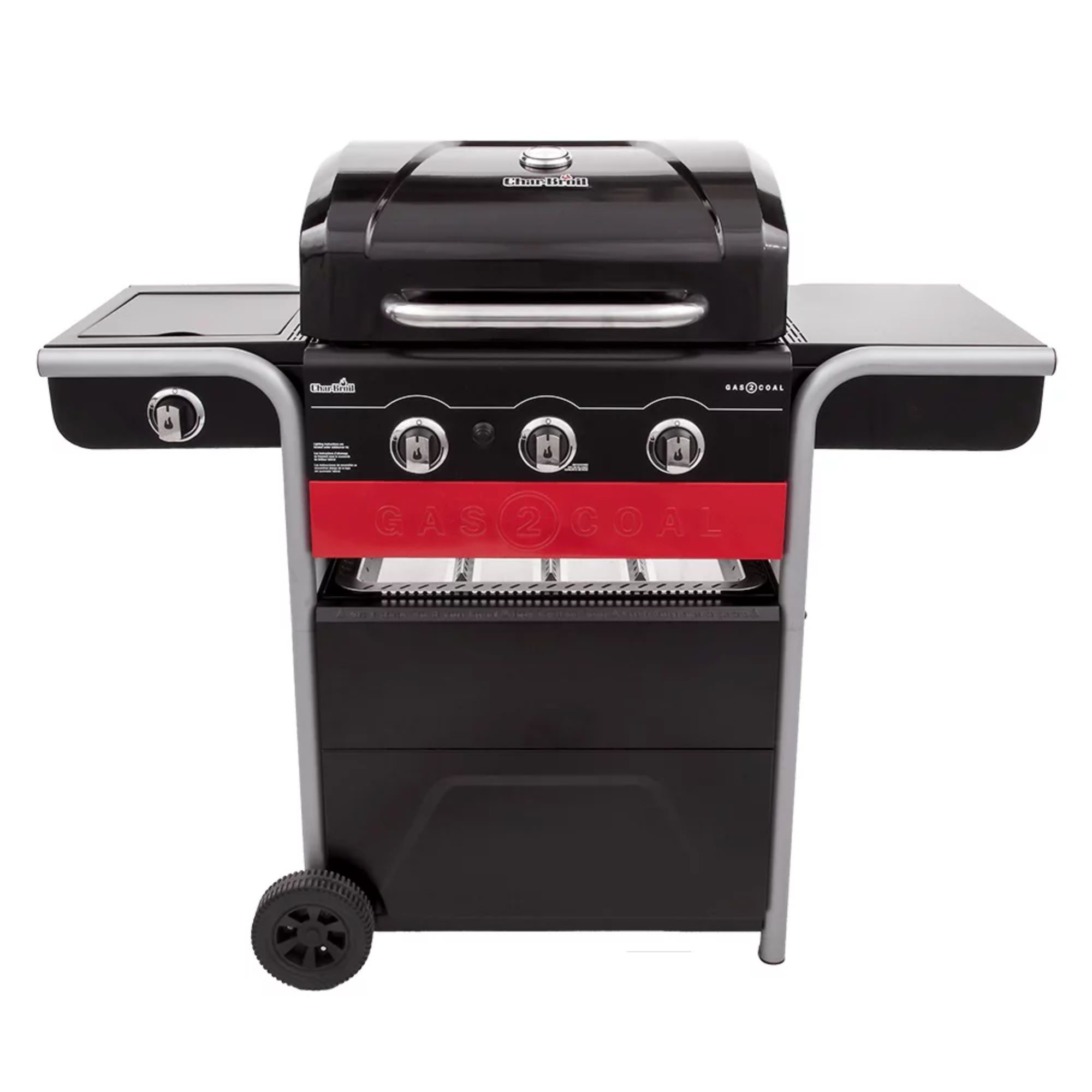
This grill uses either gas or charcoal, and it's no gimmick - you get the best of both types of fuel. Unlike other gas grills at this price, it also has a side burner.
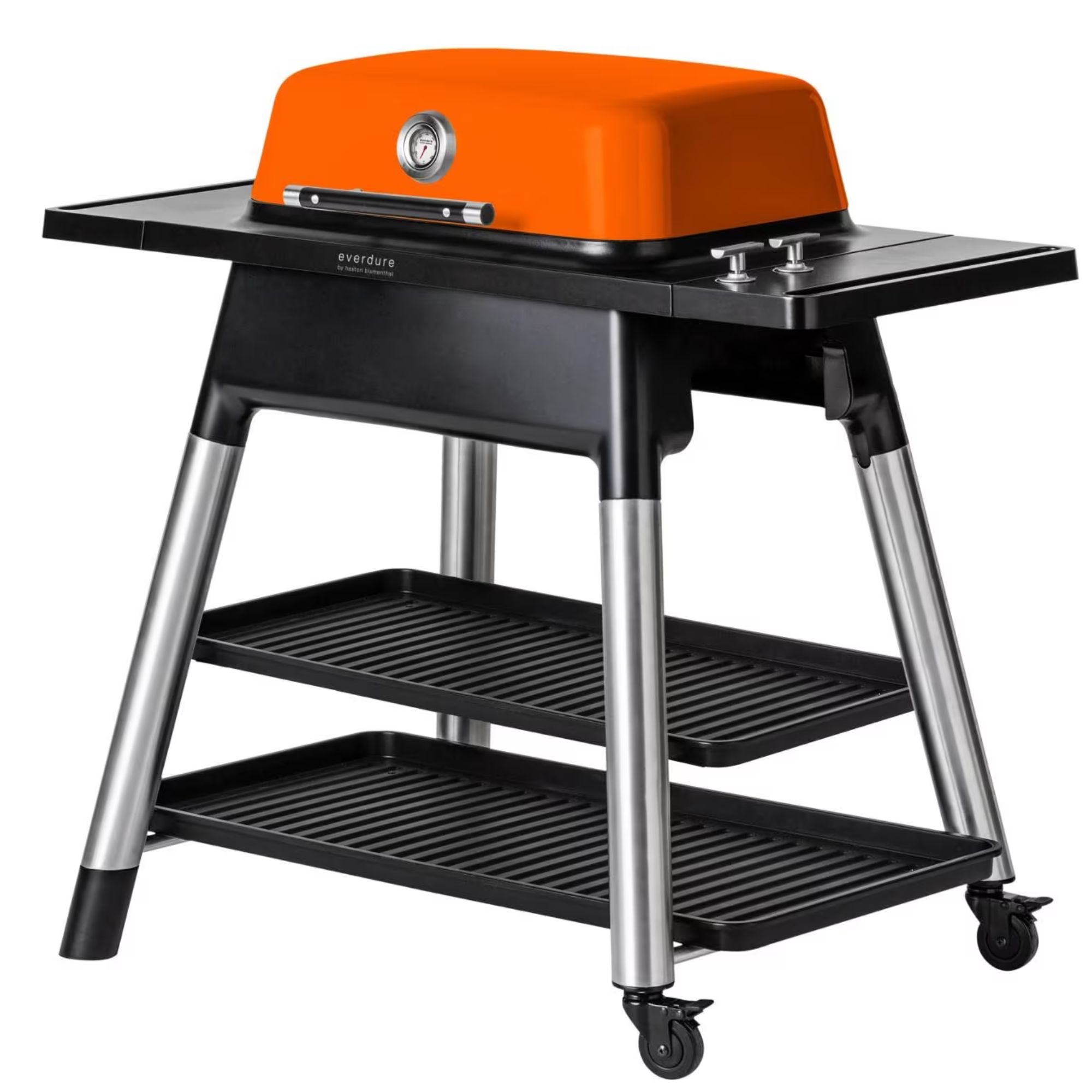
This beautiful grill is the best-looking grill you can buy. It cooks well, so it's no wonder that it's endorsed by Michelin-star chef Heston Blumenthal.
How much should I spend on a 4/5-burner gas grill?
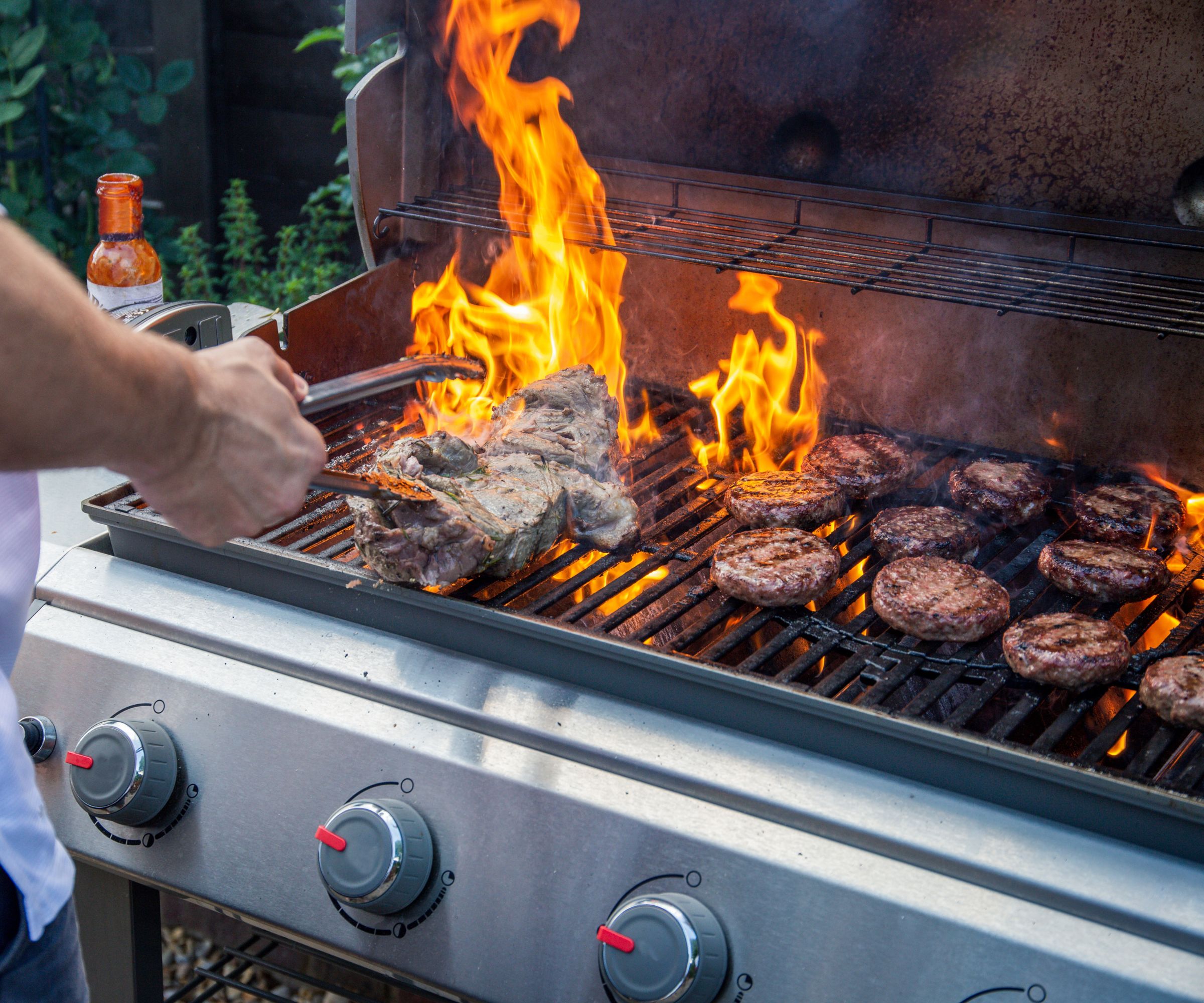
With bigger grills, you're looking at about $1200. That seems like a huge jump from 3-burners, but 4- or 5-burner grills come with extras like side burners, digital thermometers, and rotisserie functions as standard. At this price point, you'll also find handy extras like lights, WiFi connection, and built-in meat thermometers.
The McLemore boys told me that '$500 to $1500 is a range for larger gas grills and commonly come with more features like a bigger warming middle rack and a side burner'.
You can also step it up to another level if you want a grill as part of an outdoor kitchen. In this case, the boys suggest setting aside '$2000 to $10,000 for stand-alone units and built-in models.'
How much should I spend on a smoker?
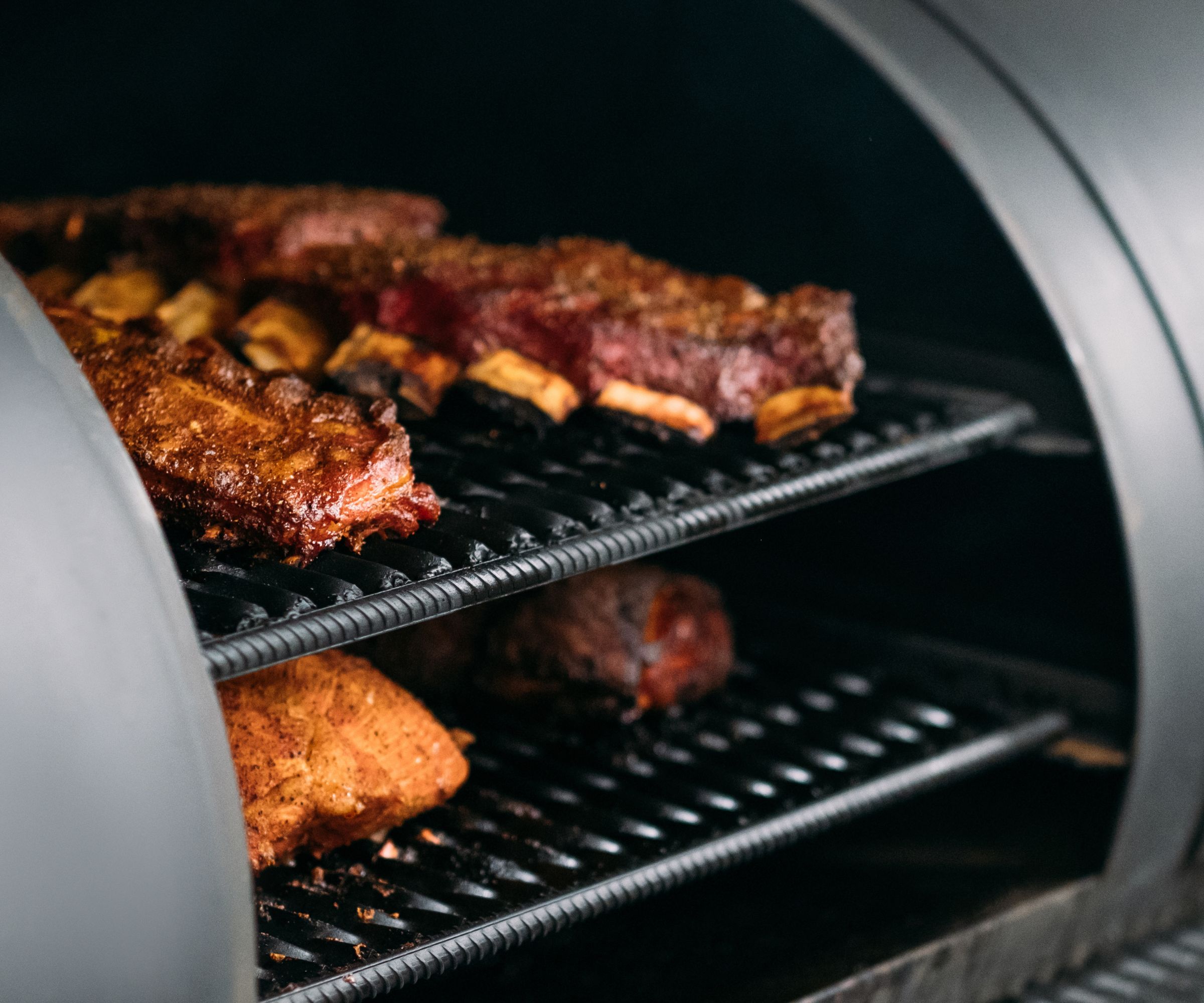
Smokers are another grill where it pays off to invest. That's because smoking can be pretty difficult. If you know what you're doing, you can get away with a cheap stainless steel smoker and monitor low and slow cooking for a few hours. If that sounds like a lot of work, it's worth investing in a more heavy-duty smoker.
I'd suggest $800-$1200 will get you a good smoker with handy features like an inbuilt thermometer and an electric fan to maintain temperature. At this point, you're also getting around 600 square inches of grill, which is enough for smoking large cuts of meat and whole fish.
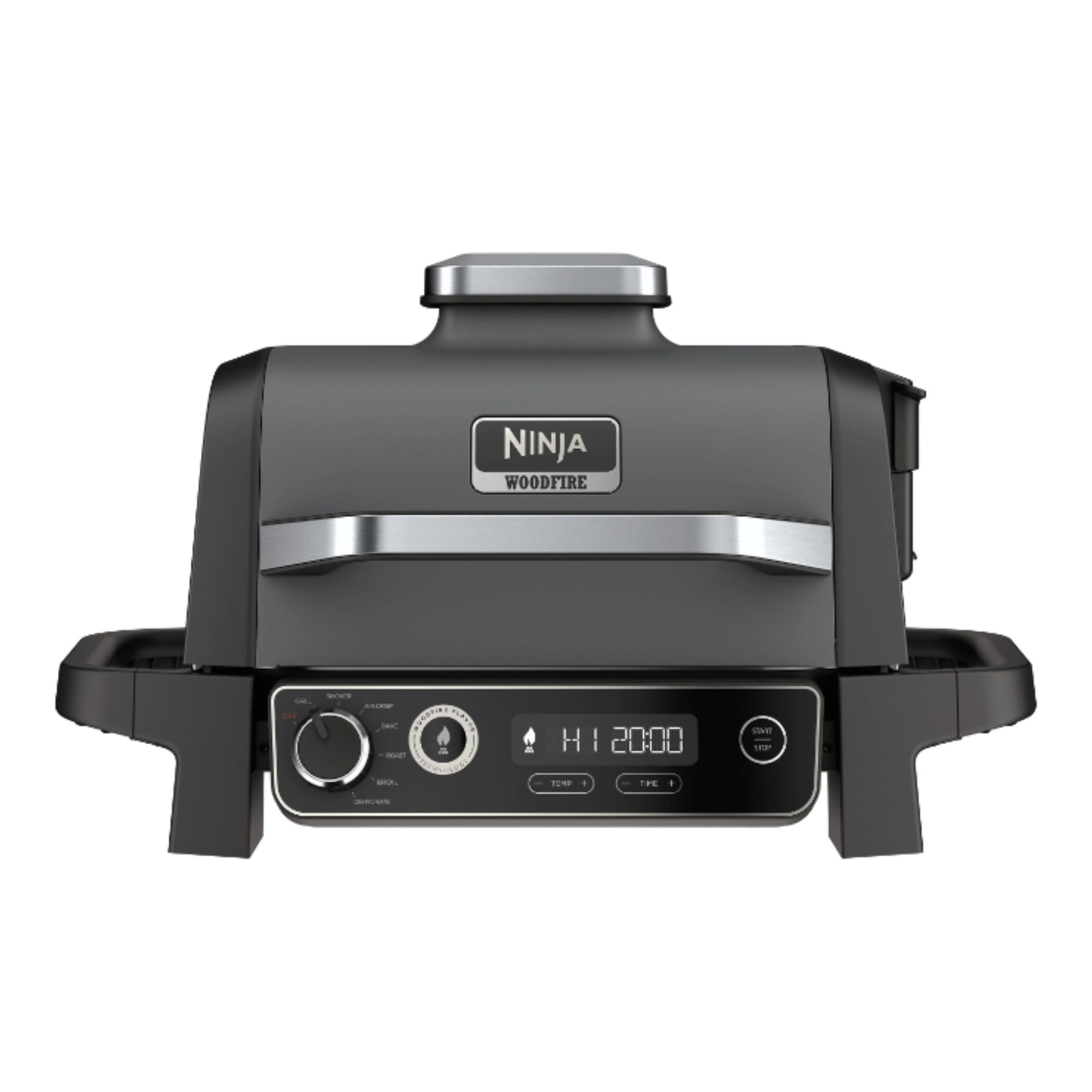
I was incredibly skeptical when this launched, but this little electric smoker is better than others more than three times the size and cost. It's great for small families, but won't work for large gatherings.
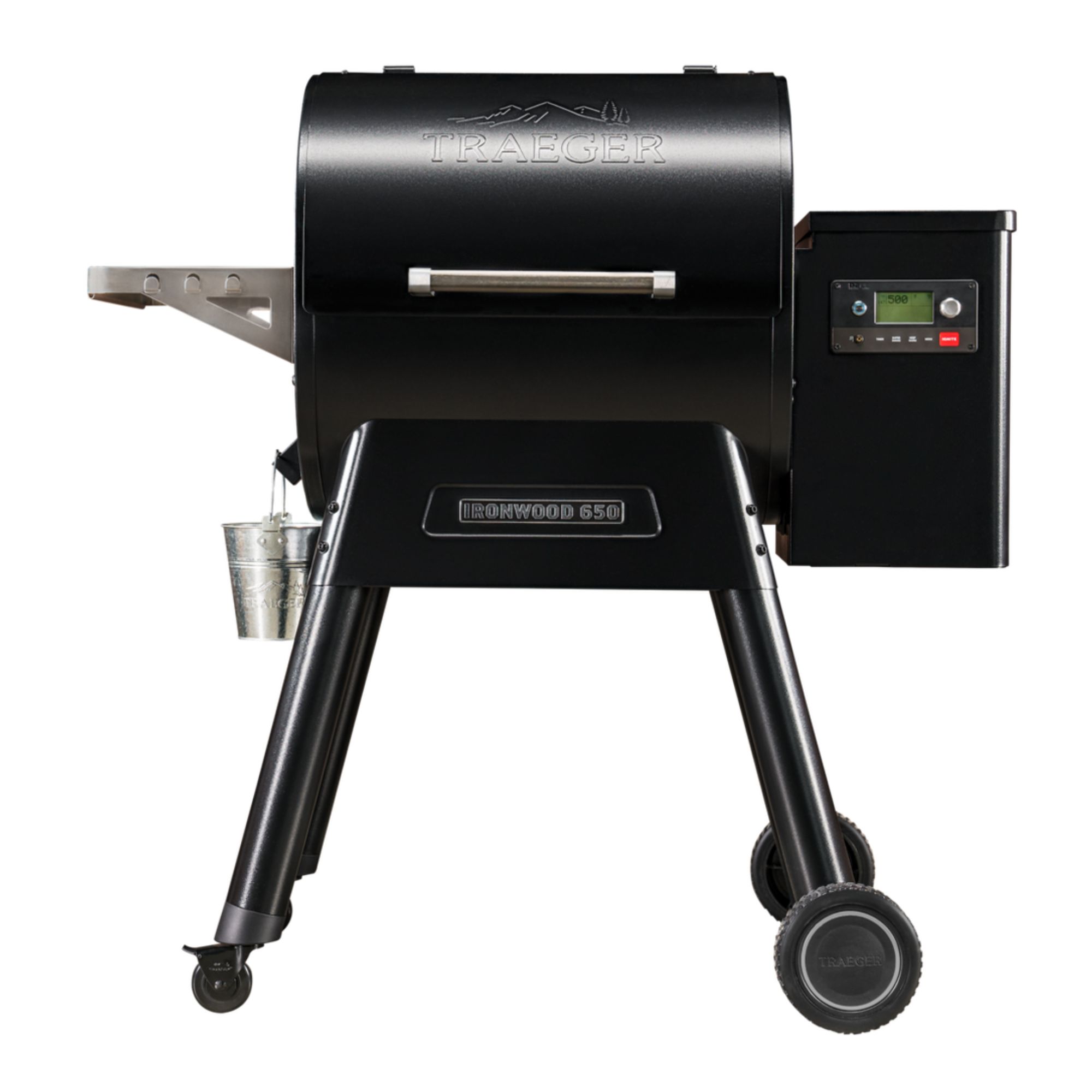
This excellent smoker takes meat dishes to the next level. Easy to use and WiFi enabled, even beginners can smoke perfect meat.
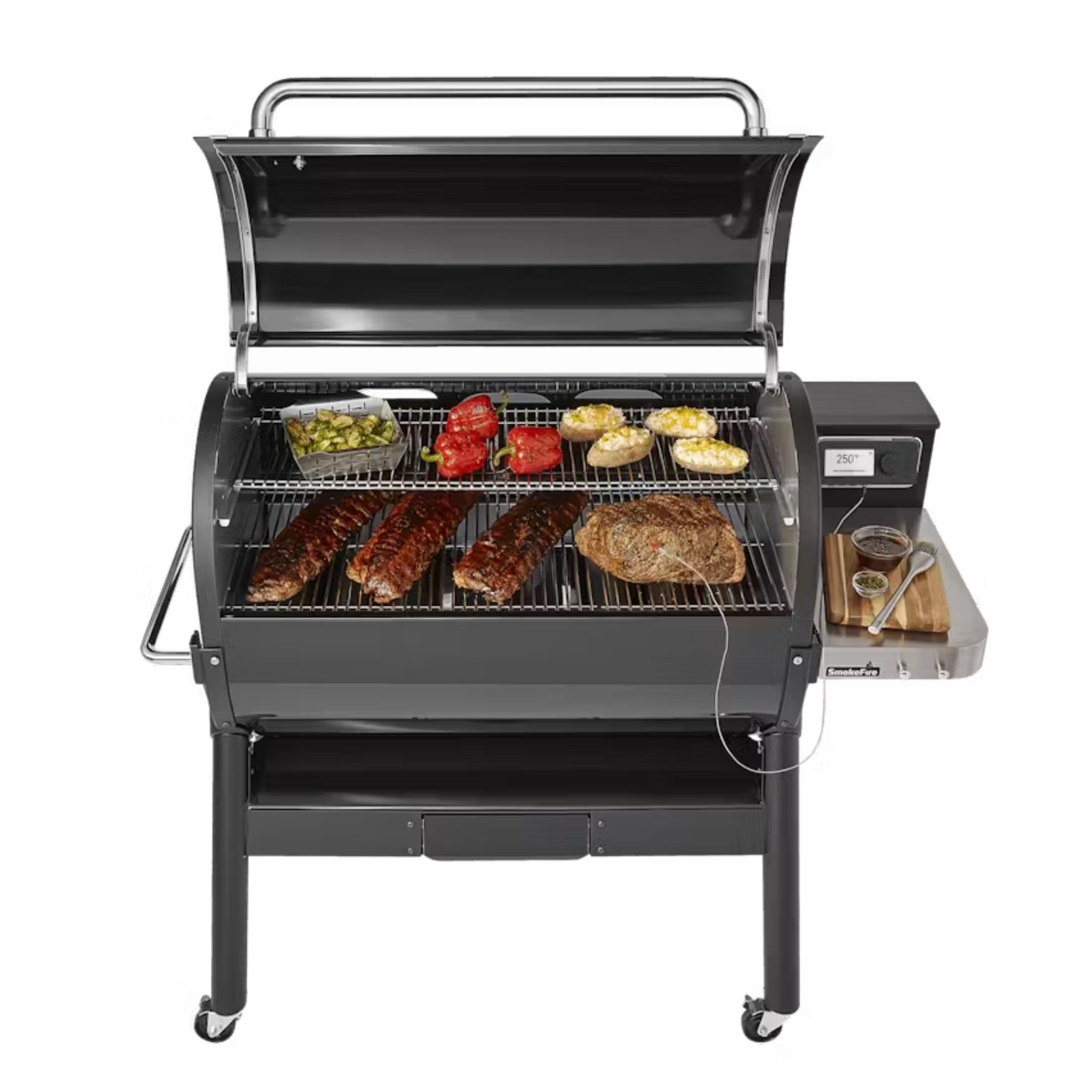
The enormous capacity of this smoker fits enough food to feed a crowd and does a perfect job smoking thick joints of meat.
How much should I spend on a kamado?
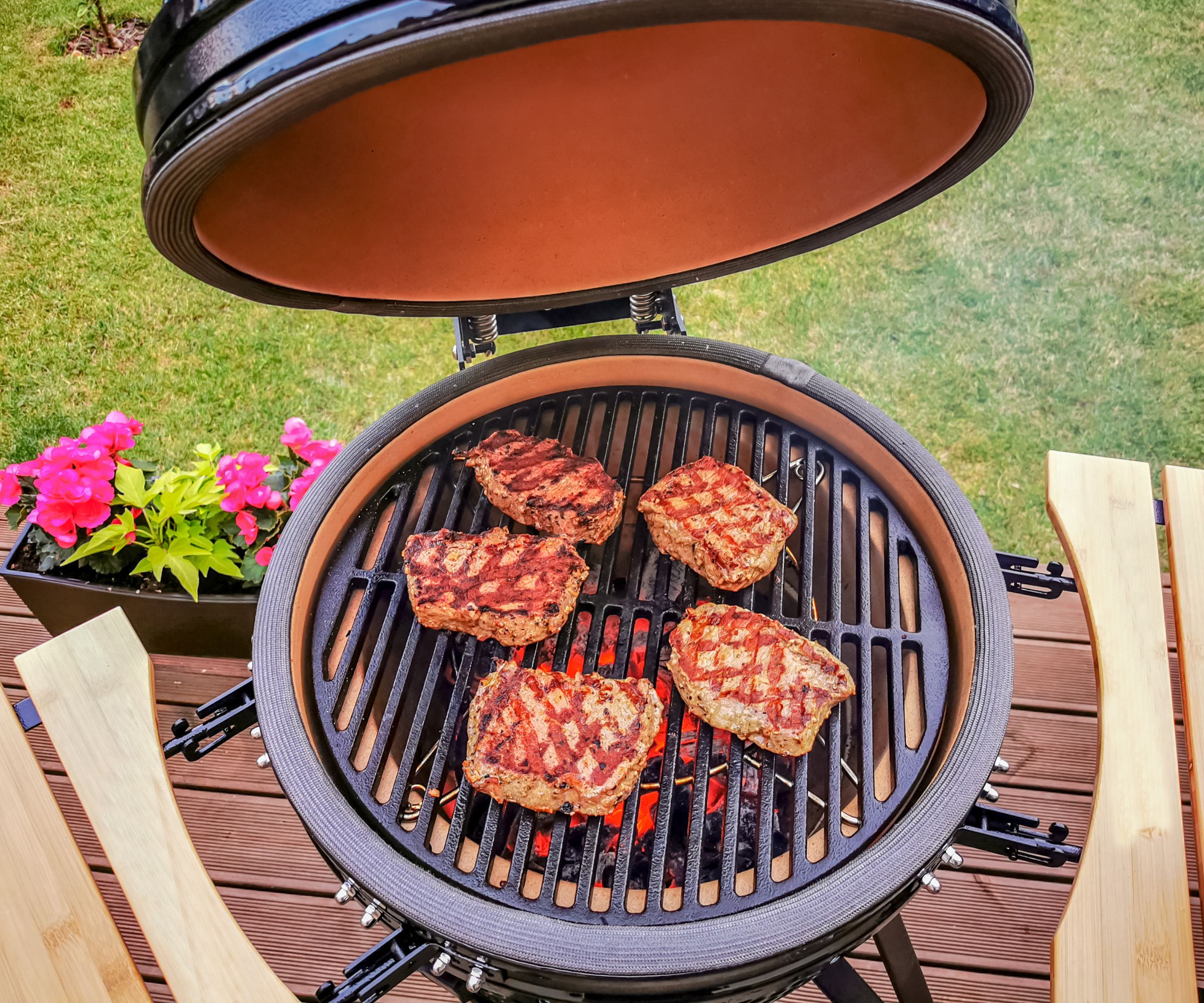
I honestly find kamado grills a little frustrating, because they're much better than your average grill, but I always hesitate to recommend such an expensive product. They use ceramic plates rather than steel, which reflect and hold a lot of heat. When these things get going they're blisteringly hot and maintain the heat for hours. They're fantastic for searing and incredibly good for low-roasting and smoking over hours. We've found amazing results over the years with these grills, but it's up to you if it's worth the plunge.
For a Kamado, expect to pay $1200-$2000. Below $1200, and you're getting a knock-off with poorly-made parts. Above $2000, and you're overpaying for extras you don't need.
My top tip with kamado grills is to go easy on the attachments and accessories. It's tempting to overdo it and grab every possible attachment, but you don't need them. If you love grilling and have the money, it's fun to play with different attachments. However, if you know you don't make a lot of Asian food, you can probably leave the branded wok behind.
FAQs
What's a good warranty for a grill?
A good warranty is about 10 years. The very best grills have 20 year warranties, or even lifetime warranties. However, don't take these warranties at first glance. Brands often offer a lifetime warranty for long-lasting parts, like the grill itself, but short, five-year warranties on the shell, which is more likely to rust.
If you want to know even more, we have expert advice on the best wood for smoking and charcoal vs gas grills.

As a gardens and lifestyle contributor, Alex makes sure readers find the right information to help them make the best purchase. Alex got his start in reviewing at the iconic Good Housekeeping Institute, testing a wide range of household products and appliances. He then moved to BBC Gardeners’ World Magazine, assessing gardening tools, machinery, and wildlife products.
